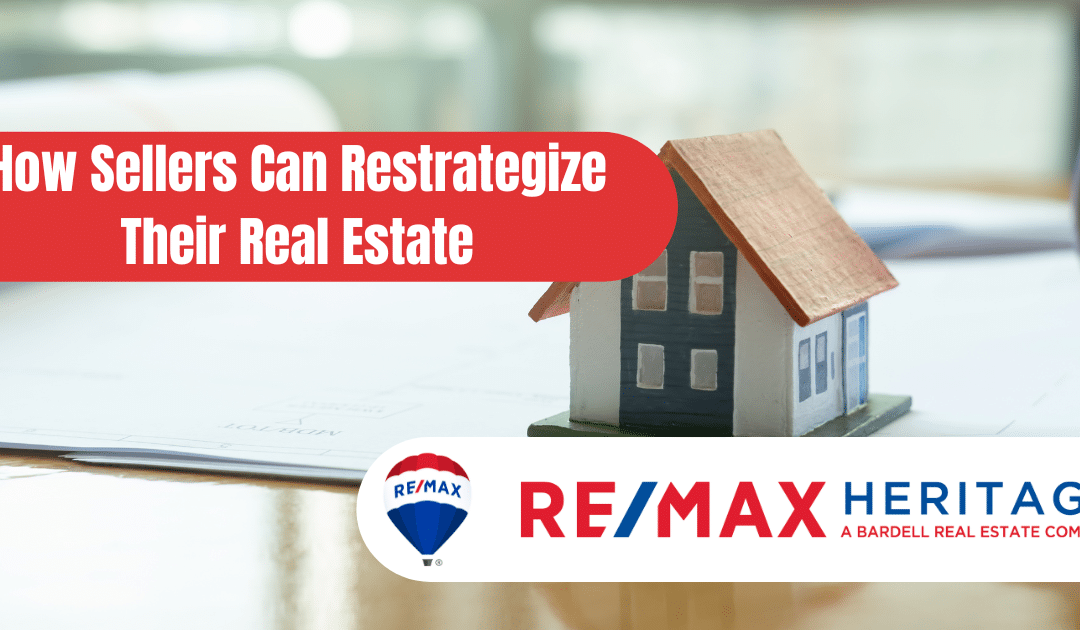
by Elsa Soto | Jun 14, 2023 | Blog, Homeowners, News, Real Estate News, Sellers
Listing Photos That Can Make—or Break—a Sale Listing Photos That Can Make—or Break—a Sale Where do all eyes go first when perusing a real estate listing? The photos, of course. Home sellers should never underestimate the importance of investing in a professional real...

by Elsa Soto | Jun 13, 2023 | Blog, Buyers, Homeowners, Homes, Villas and Condos, New Listing, News, Property for Sale, Property for Sale in Orlando, Real Estate News, Sellers
Resort Style Davenport Home Just Listed 5112 Oakbourne Ave, Davenport, FL Click Here to Get Directions $620000 5bed – 4bath – 6007 sqft lot Photos | Maps & Local | Schools | Print Looking for resort style living, second home or investment property?...

by Elsa Soto | May 31, 2023 | Blog, Homeowners, News, Real Estate News, Sellers
How Sellers Can Restrategize Their Real Estate How Sellers Can Restrategize Their Real Estate Are you struggling with a stagnant home listing that has been on the market for a while without any offers? It can be frustrating, but don’t lose hope! In this article,...

by Elsa Soto | May 26, 2023 | Blog, Buyers, Homeowners, Homes, Villas and Condos, New Listing, News, Property for Sale, Property for Sale in Orlando, Sellers
Beautifully Maintained Townhouse Just Listed 3163 Yellow Lantana Ln, Kissimmee, FL Click Here to Get Directions $424900 4bed – 3bath – 2975 sqft lot Photos | Maps & Local | Schools | Print LOCATION, LOCATION, LOCATION ….. Rare opportunity to own a...

by Elsa Soto | May 3, 2023 | Blog, Homeowners, Homes, Villas and Condos, News, Real Estate News, Sellers
Questions to Ask a Real Estate Agent When Selling Your Home Questions to Ask a Real Estate Agent When Selling Your Home The up and down roller coaster ride of the real estate market and continued fluctations in interest rates can leave sellers scratching their...

by Elsa Soto | Apr 26, 2023 | Blog, Homeowners, Homes, Villas and Condos, News, Real Estate News, Sellers
How Long Can a House Be Pending? How Long Can a House Be Pending? If you’re in the process of buying a home, there’s no doubt you’ve seen the term “Sale Pending” or “Pending Offer” on more than a few real estate listings—perhaps even on the very home you’re trying to...








